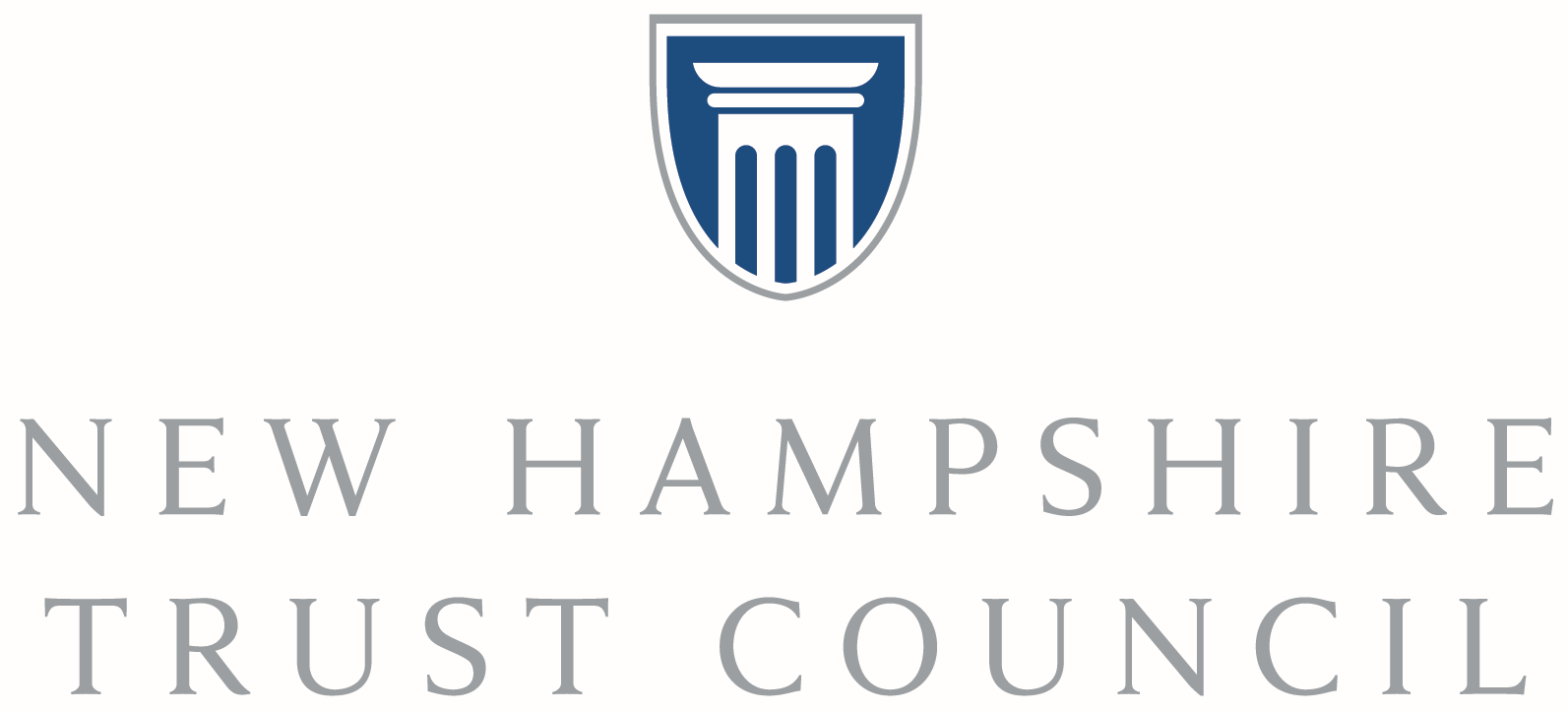Modern Trust Laws
New Hampshire has a robust set of modern trust laws that afford settlors broad flexibility and creativity in designing trusts well suited to their specific needs and wishes. These laws facilitate the more efficient administration of trusts and importantly provide certainty concerning the rights, duties, and powers of settlors, beneficiaries, trustees, trust advisors, and trust protectors.
Two important themes run through New Hampshire’s trust laws. First, by statute and judicial practice, settlor intent, as expressed in the terms of the trust, is unequivocally deemed paramount. As a notable example, the state has repudiated the benefit-of-the-beneficiary rule, under which a beneficiaries’ interests potentially can override the settlor’s intent. Accordingly, a settlor can create a trust within the state with a high degree of confidence that his or her wishes will be fulfilled.
Second, these laws reflect a commitment to balancing fairly the interests of beneficiaries and trustees. Under its default rules, New Hampshire does not create “invincible trustees” who are nearly immune from any fiduciary liability. A settlor may choose to design a trust that includes limits on trustee liability and incorporates exoneration provisions; however, the default statutory regime aims to strike a measured balance between the protection of the beneficiaries’ interests and the trustee’s need for protection against a beneficiary’s claims.
Some notable aspects of New Hampshire’s trust laws include:
Perpetual Trusts
In 2004, New Hampshire repealed the mandatory rule against perpetuities. Thus, a trust created in the state need not be subject to any arbitrary limit on its duration. Unlike in some states, New Hampshire’s constitution contains no language limiting perpetuities, and therefore a settlor may create a trust that could truly last forever.
Directed and Divided Trusts
Directed and divided trusts have become a staple of modern trust design. In addition to expressly recognizing trust advisors and trust protectors, New Hampshire allows the division of duties among trustees, trust advisors, and trust protectors, while clearly isolating the attendant liabilities. This division can create more effective governance structures within a trust.
Purpose Trusts
In New Hampshire, a settlor can create a purpose trust, which is a trust for a specific non-charitable purpose or a trust that does not have any specific beneficiaries. A purpose trust also may include charitable purposes or charitable beneficiaries. A purpose trust may be perpetual. In certain cases, a purpose trust can be a particularly useful structure for managing certain assets, such as a privately held business or a family compound.
Self-Settled Spendthrift (Asset Protection) Trusts
Under New Hampshire law, a self-settled spendthrift trust generally is not subject to the claims of the settlor’s creditors. Thus, a settlor may create an irrevocable trust in which he or she retains an interest and a certain degree of control (e.g., managing the trust’s investments), while the settlor’s creditors generally cannot reach the trust assets. For some individuals, a non-grantor self-settled spendthrift trust potentially provides an opportunity for state income tax planning.
Decanting
Through decanting, a trustee can often eliminate impediments to sound investment or trust administration, better protect the trust assets for the family’s benefit, resolve ambiguities and potential disputes, and generally improve administrative efficiencies. New Hampshire has one of the most flexible and versatile decanting statutes in the country.
No-Contest Provisions
In New Hampshire, a no-contest provision (also known as an in terrorem clause) is enforceable even if a beneficiary may have acted in good faith or with reasonable cause in contesting the trust. Thus, a settlor has broad latitude to craft a no-contest provision that suits his or her wishes.
Tax Laws
New Hampshire offers a very favorable tax environment. There are no taxes on income, including earned income, capital gains, interest, or dividends.
Family and Private Family Trust Companies
New Hampshire permits the formation of family trust companies. A family trust company is a family-owned, non-depository trust company that provides trust, investment, and related services to a family, their trusts, and their businesses. It provides continuity of trusteeship, helps to manage fiduciary liability, and may provide heightened privacy. New Hampshire family trust companies may choose to be regulated by the New Hampshire Banking Department or to instead operate as private, unregulated entities subject only to the state’s general business laws and limited provisions of the banking laws.
Civil-law Foundations
New Hampshire was the first U.S. state to recognize the formation, registration, and domestication of civil-law foundations (not to be confused with the more commonly known charitable foundations). Civil-law foundations are widely utilized in countries that do not have a legal tradition recognizing trusts and serve similar purposes. The foundation’s directors act like trustees, managing the foundation’s property for the benefit of the foundation’s beneficiaries and purposes, and making distributions accordingly. New Hampshire civil-law foundations benefit from the state’s modern and flexible trust laws in the same manner as trusts.
CONTACT US
New Hampshire Trust Council | 5 Batchelder Road | Seabrook, NH 03874 | 603 929 2650
© 2024 New Hampshire Trust Council. All Rights Reserved.
